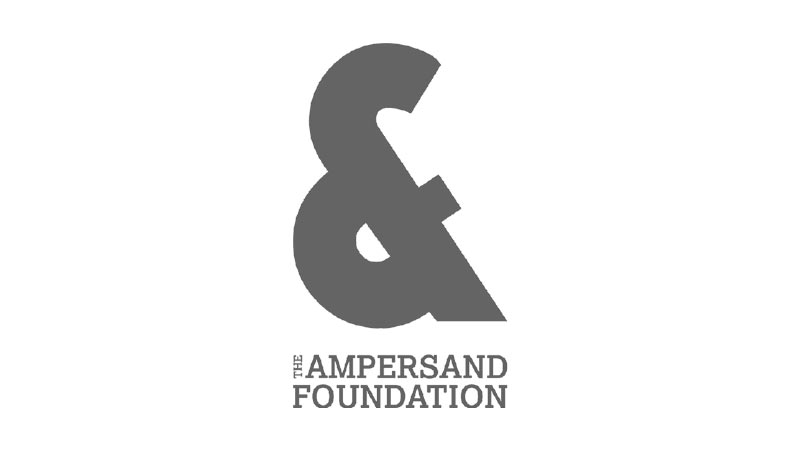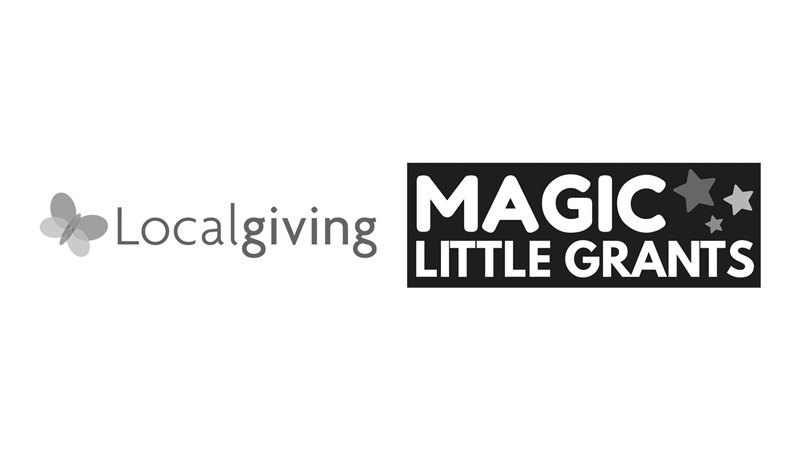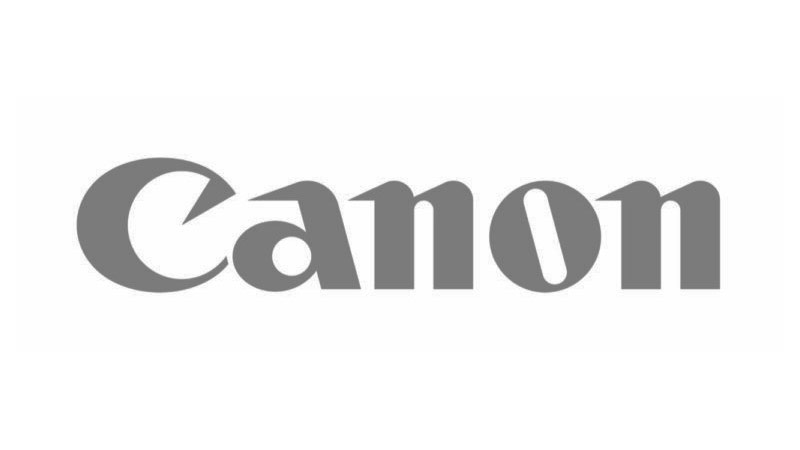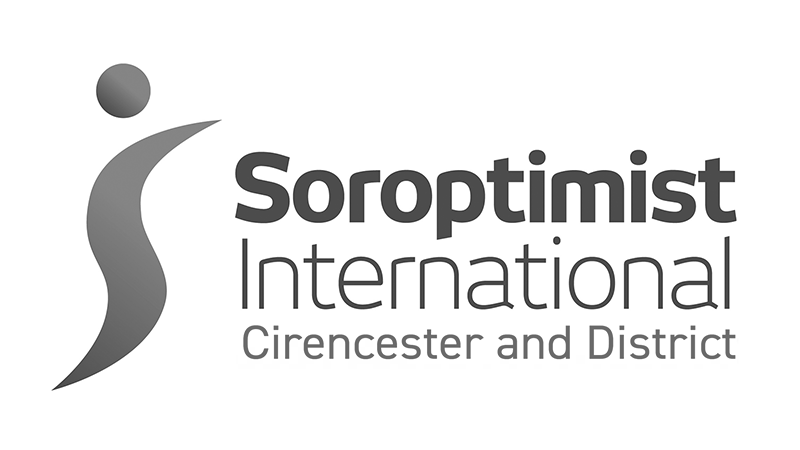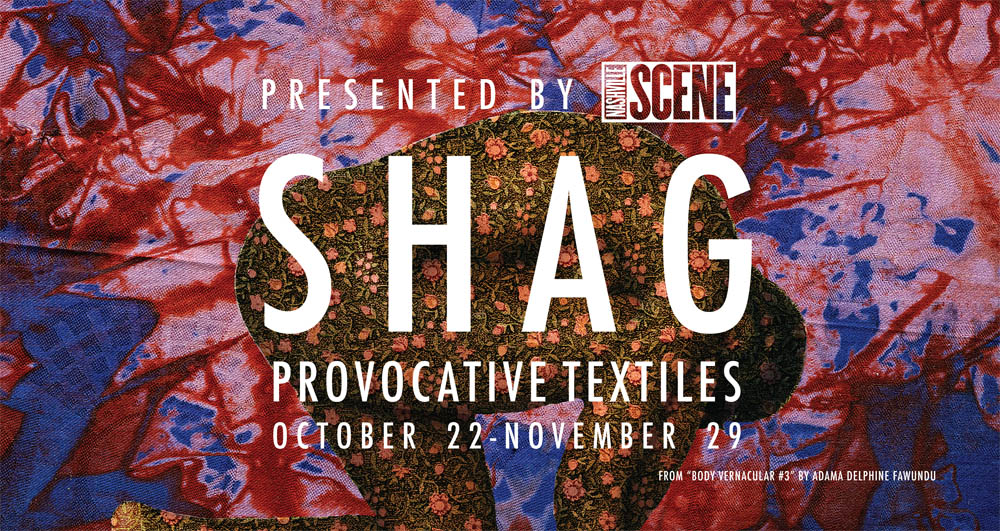
Shag: Provocative Textiles – Adama Delphine Fawundu features in new Nashville exhibition
Photography is a complex and diverse discipline, provoking a myriad of emotions. However, displacing the hierarchy of the senses and foregrounding the experience of touch amplifies its affective potential. Beyond what they invite us to see, what do photographs feel like? Considering the work of multi-disciplinary photographer and artist Adama Delphine Fawundu (b. 1971, Brooklyn, NY), particularly in the context of Shag – a new textile-based art exhibition curated by Laura Hutson Hunter – brings this question into focus. Alongside the knitting, tapestry, and embroidery of artists such as Elise Drake, Chiffon Thomas, Katarina Riesing and Vadis Turner, Adama’s Body Vernacular – a series of mixed-media prints which feature bodies intertwining with the texture of their surroundings – suggests the intimate connection between the tactile quality of craft work and the language of visual images.
The separation between art and craft traces its origin back to the Renaissance, wherein the emergence of a theology of art fell in tandem with the decline of ritual. As the doctrine of art as a purely intellectual pursuit gathered momentum, craft practices – aligned with the domestic, functional and amateur – were relegated to the fringes of academic discourse. Women, often excluded from the educational institutions steering this trajectory, instead acquired aesthetic knowledge through handiwork activities, typically enacted within feminine spaces and communities. Historically, its association with women further catalysed craft’s drift away from the artistic mainstream and into relative obscurity.
Perhaps as a result of its prevalence within intimate, typically feminine spaces, craft has acquired an ethereal but radical power. Visual evidence of the bodily manipulation of space, craft dismantles the dichotomy between the mind and body integral to l’art pour l’art, a transgression which, as Shag makes explicit, renders craft an unusually effective vehicle through which artists can assert their sexuality and desire. The exhibition, which ranges from the unambiguously erotic to the subtly suggestive, is the second instalment in the Scene’s Adult Contemporary series – a programme which aims to bring provocative ideas into public discourse through visual art. While the eroticism of Shag is undeniably subversive, it is the contrast between this and the supposed modesty of craft materials which truly defies preconceived notions regarding craft’s role in social and cultural life.
Adama’s Body Vernacular emblematises craft’s importance to sensory experiences of heritage, specifically the African culture and heritage her work frequently promotes. There is a tangible intensity within the work; its vibrancy occasionally threatens to overwhelm the figures. In Body Vernacular #3 and Body Vernacular #5, the fervent disorder of dyed patterns creates a kind of animated enclosure, a potential invocation of the ways craft has often been synonymous with the confining influence of the domestic. The inverted camouflage, however, challenges the potency of the backgrounds, maintaining the anonymity of the figures while emphasising their form. The postures possess an almost primal energy, tethering the photographs – and their craft work aesthetics – to the activity of the body. As the variable patterns coalesce – particularly when the body dominates the space most fully, as in Body Vernacular #4 – these bodies become part of a ‘fabric’ of lived experience, entering a realm of complete sensory expression.
The fullness of this connectivity is thematically relevant to Adama’s work more generally – according to scholar Niama Safia Sandy, Adama’s work is characterised by the search for renewed connection with kin. Not limited to those who share a common ancestor, her expansive understanding of family is predicated on shared familiarity with diaspora. Within Body Vernacular, the articulation of experience is loosened from dependency on language; by consequence, the multi-faceted relationship between femininity, vitality and craft achieves a dynamic clarity. As the metaphorical fabric of home is lucidly realised and interrogated, identity begins to emerge from something beyond the visual.
By Katherine Riley
Shag: Provocative Textiles can be visited by appointment at 509 Third Avenue South, Nashville, U.S. from 22nd October to 29th November 2020.

